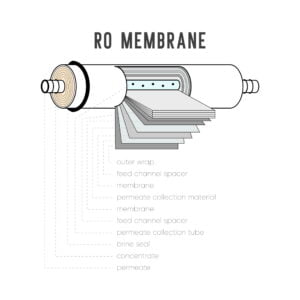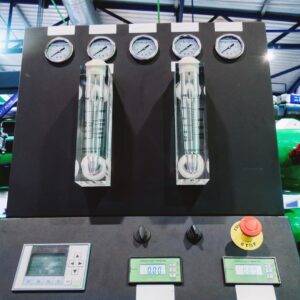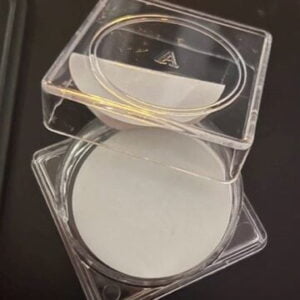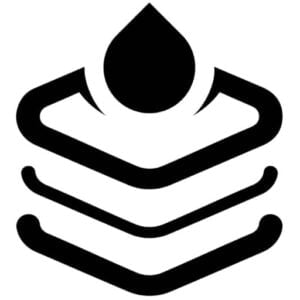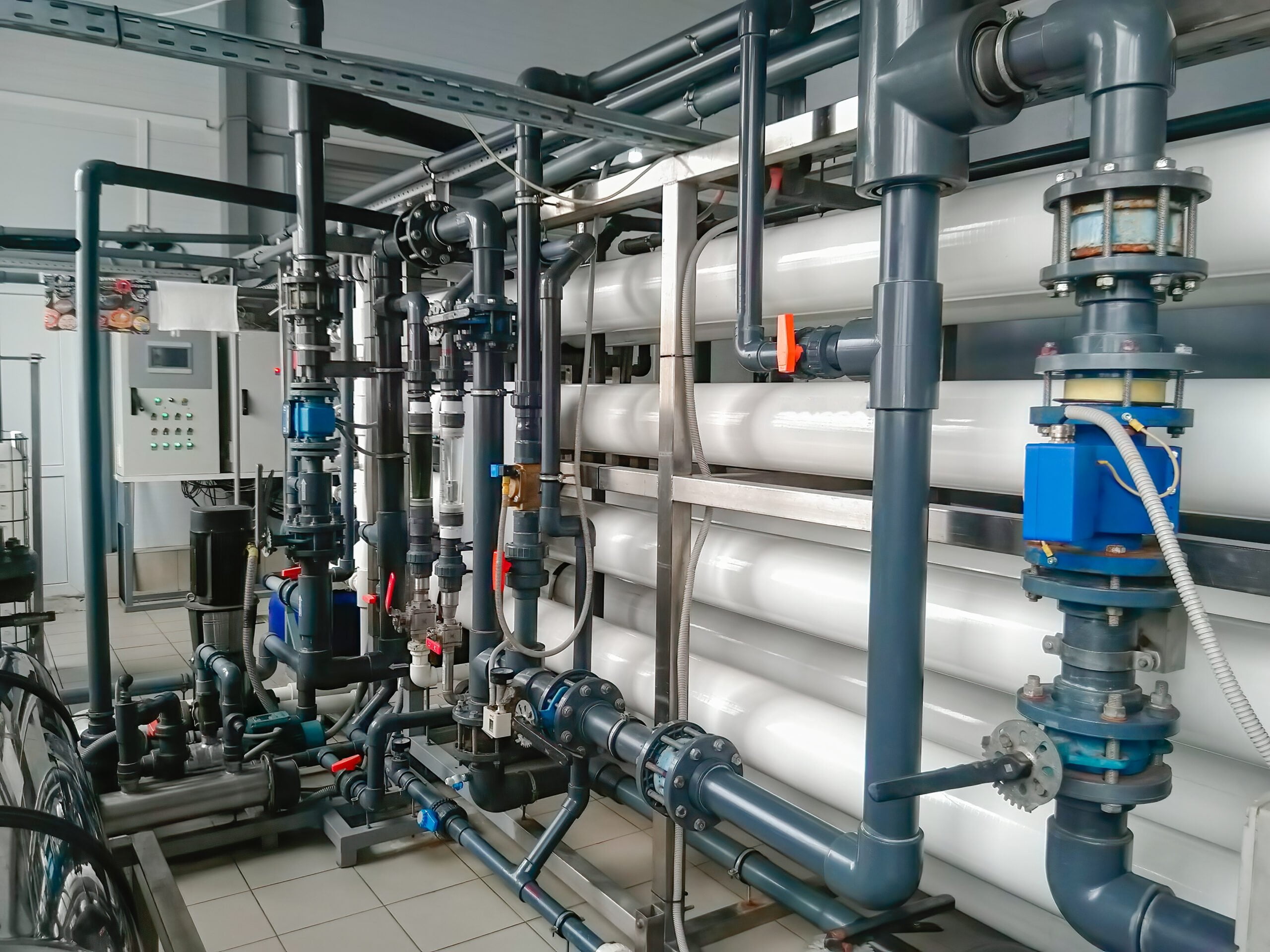
Chemical Cleaning for Reverse Osmosis Membrane Maintenance
Importance of Chemical Cleaning for RO Membrane Maintenance
Reverse osmosis (RO) membranes are an essential component of water treatment systems. They are designed to remove impurities from water by using a semi-permeable membrane that allows only water molecules to pass through while trapping minerals, bacteria, and other contaminants. Over time, the RO membrane can become fouled with impurities, reducing its efficiency and increasing operating costs. Chemical cleaning is an effective method for maintaining the performance of RO membranes and extending their lifespan.
===Types of Chemicals and Procedures for Effective RO Membrane Cleaning
There are different types of chemicals and procedures used for cleaning RO membranes, depending on the type and severity of fouling. The most common types of chemicals used for cleaning RO membranes are acids, alkaline solutions, and surfactants. Acid cleaning is used to remove mineral deposits, while alkaline cleaning is used to remove organic matter and biofilms. Surfactants are used to reduce the surface tension of water and improve cleaning efficiency.
The procedure for RO membrane cleaning involves several steps. First, the system is shut down, and the membranes are removed from the housings. Next, the membranes are soaked in a cleaning solution, which may be circulated in the system for a certain period of time. The cleaning solution is then removed, and the membranes are rinsed with clean water. Finally, the membranes are reinstalled in the system, and the system is restarted.
Effective RO membrane cleaning requires careful selection of chemicals and procedures, as well as proper handling and disposal of chemicals. It is also important to follow manufacturer’s guidelines and recommendations for maintenance and cleaning of RO membranes.
In conclusion, chemical cleaning is an important part of RO membrane maintenance, as it helps to maintain the performance and extend the lifespan of the membranes. By using the right chemicals and procedures, water treatment professionals can ensure that their RO systems operate efficiently and effectively. However, it is important to follow safety guidelines and best practices for handling and disposing of chemicals to minimize environmental impacts and protect human health.

